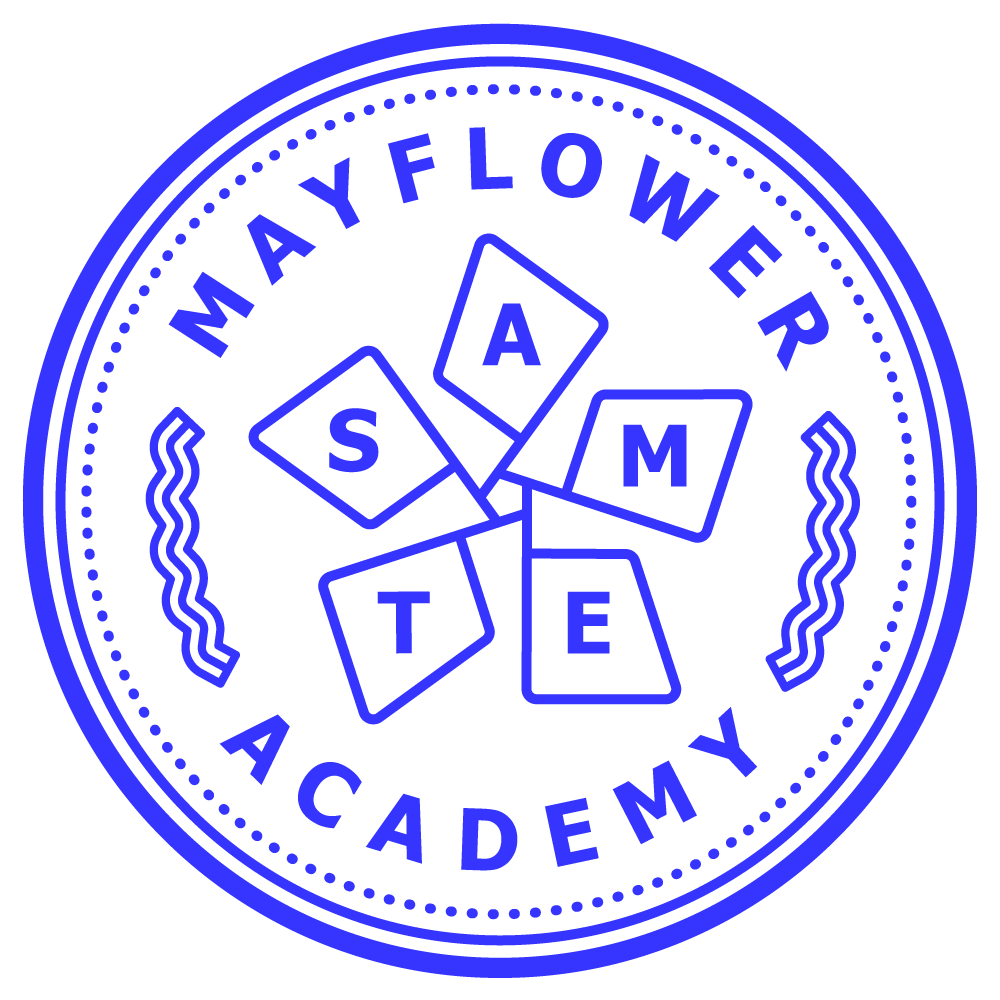MON, JUL 7 — JUL 25, 2025
Robotics Summer Camp for Talented High-school Students
Gain a comprehensive understanding of robotics principles, including mechanics, electronics, computer vision, programming, automation, and artificial intelligence.
Develop innovative skills in designing and building robotic systems, with a focus on mechatronics hardware and AI software integration.
Acquire proficiency in embedded programming for robot control, object recognition, and autonomous navigation.
Foster creative thinking and problem-solving abilities through hands-on projects and real- world engineering applications and challenges.
Cultivate leadership, teamwork, and communication skills via collaborative capstone projects.
The summer camp aims to provide talented high-school students with hands-on experience and knowledge in the field of AI-empowered robotics. Participants will engage in intensive sessions to design, construct, and program smart robots. They will explore cutting-edge technologies such as artificial intelligence (AI), computer vision and robotics, learning how these disciplines intersect to create intelligent and autonomous robotic systems. The program culminates in competitive demonstrations, during which students will showcase their robots in groups, competing against each other to solve themed robotics challenges.
Pre-requisite: Rising 9th-11th graders with excellent academic standing. Knowledge of AutoCAD, C, or Python programming is advantageous but not required.
Expected Outcomes
- Empower students with the knowledge, skills, confidence, and creativity to explore the exciting world of robotics and AI.
- Prepare students to participate in university research and triumph in STEM competitions, such as IEEE Micro-mouse Competition, Regeneron ISEF and Regeneron Science Talent Search.
- Help students stand out in college admissions process by showcasing their academic abilities, practical skills, leadership qualities, and passions in STEM fields.
Flexible learning modules:
Week 1 (7/72025~7/11/2025): Robotics Basics Robotics — Arduino micro-controller, sensors, motor control, autonomous navigation;
Week 2 (7/14/2025~7/18/2025): Advanced Topics — Raspberry Pi single board computer, computer vision, Introduction to AI
Week 3: (7/21/2025~7/25/2025): Capstone Project — Students design, build and test autonomous robots and get ready to participate in IEEE micro-mouse competition at MIT in Oct. 2025:
Course Schedule: Monday ~ Thursday: In-person lectures and hands-on lab sessions at Fairleigh Dickinson University, Teaneck, N.J.,
Fridays: field trips to university research labs or online learning sessions of guest seminars to expose students to state-of-the-art research and emerging technologies.
| W1 | Interactive Lecture Topics | Hands-on Lab Sessions |
|---|---|---|
| M | Course Introduction, Basic Electronic Circuits | Electronics Bootcamp, LEDs and resistors |
| T | Arduino IDE and C++ Programming | Test Microcontroller and GPIO, A/D Convertor |
| W | Robot Sensing and Sensors | Sensor Evaluation |
| T | Motors and Robot Locomotion | PWM and Motor Control |
| F | On-line Learning: Virtual Robotics Field Trip | Office Hours/Parents Feedback |
| W2 | Interactive Lecture Topics | Hands-on Lab Sessions |
|---|---|---|
| M | Raspberry Pi Single Board Computer | |
| T | Python Programming | Build Robot with Raspberry Pi Pico |
| W | Introduction to Computer Vision | Camera Evaluation & Programming |
| T | Introduction to AI, Object Recognition | Programming & Testing |
| F | Field Trip to Collaborative Robotics and Smart Systems Lab at Montclair State University | Office Hours/Parents Feedback |
| W3 | Interactive Lecture Topics | Hands-on Lab Sessions |
|---|---|---|
| M | Capstone Project for Competition | Circuit Building/Project Support |
| T | Micro-Mouse Searching Algorithms | Build & Test Mobile Robots |
| W | Programming and Debugging | Pre-Competition Testing |
| T | Robot Competition Day | Presentation, and Award Ceremony |
| F | Assessment and Feedback Day | |
